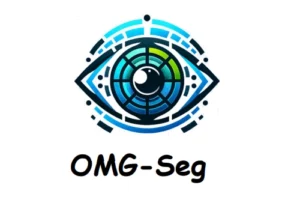Crafting image excellence with minimal steps yielding fidelity, Adversarial Diffusion Distillation (ADD) effectiveness is incomparable!!
This model is presented by Axel Sauer, Dominik Lorenz, Andreas Blattmann and Robin Rombac from Stability AI.
Adversarial Diffusion Distillation (ADD) is a method used to train large-scale foundational image diffusion models effectively. This technique allows the models to sample or generate high-quality images using only a small number of steps, typically between 1 and 4, during the sampling process.

Lately, there has been a lot of researches regarding diffusion models. These models showed outstanding performance by generating high-resolution images such as Latent diffusion models but these models has iterative nature which increases the computational cost. Other distillation models for fast sampling such as progressive distillation and guidance distillation reduces steps at the cost of performance. The output generated from these models are not clear.
Exploration of Adversarial Diffusion Distillation (ADD)
To address these challenges, score distillation sampling was introduced in which knowledge learned by the large models is transferred into a student model to generate 3D content. Adversarial training was used to enhance the diffusion process. The Adversarial Diffusion Distillation technique consists of both score distillation and adversarial training to tackle the challenges with least steps.
The basic objective of this approach is to generate samples in the minimum steps without compromising the quality of images. Pre-trained diffusion model weights were used for training and standard diffusion model was integrated to enhance iterative refinement.
Two models with different parameter were trained, such as ADD-M (860M parameters) and ADD-XL (3.1B parameters). Experiments were performed at the resolution of 512*512 pixels. Quantitative results showed that ADD outperforms all the existing approaches and qualitative results showed that this approach generates high quality and consistent images. Thus, the four steps sampling technique is efficient and outperforms multi-steps generator techniques with enhanced realism.
Conclusion
This study presents Adversarial Diffusion Distillation (ADD), a universal approach for condensing a pre-trained diffusion model into a rapid, short-step image generation model. The score distillation was merged with adversarial to extract important information from Stable Diffusion and SDXL. The four steps sampling techniques outperforms compared to all the existing approaches. This model generate high quality and consistent images in just one step.
References
Similar Posts
-
Chinese Company DeepSeek Releases DeepSeek-Coder a LLM for Code Generation
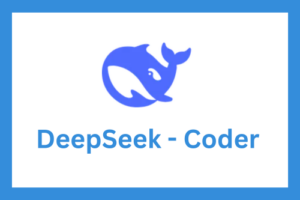
-
Alibaba’s Mobile-Agent: A Smart Mobile Assistant

-
Grounded SAM: A Unified Model for Diverse Visual Tasks
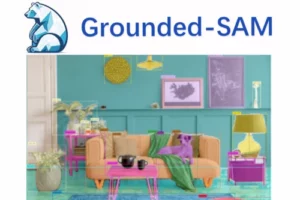
-
Gaussian Head Avatar: High Quality Head Avatar Generator
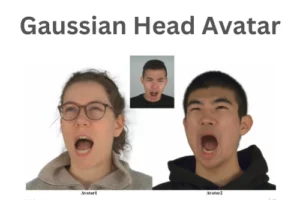
-
Google DeepMind’s AlphaGeometry: Without Assistance Solving Olympiad Geometry Problems
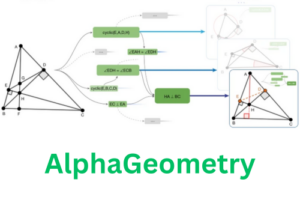
-
OMG-Seg: A Unified Segmentation Model
